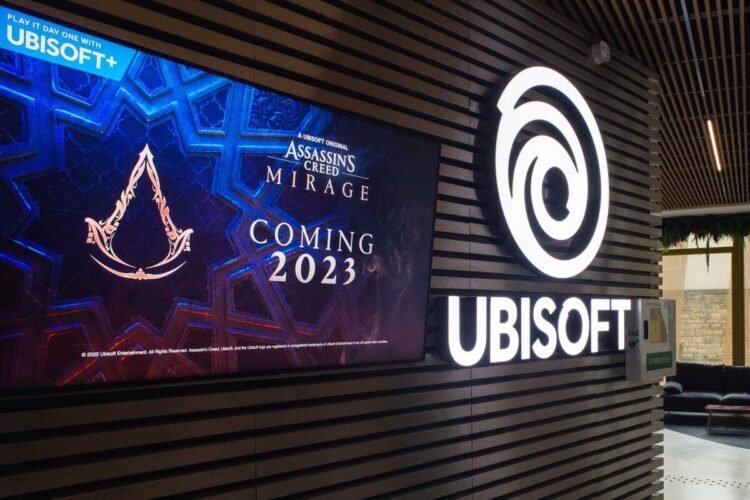PARIS — Three former senior executives at French gaming giant Ubisoft, the studio behind global franchises like Assassin’s Creed and Far Cry, appeared in court Monday to face serious allegations of sexual and psychological harassment spanning nearly a decade.
The trial, taking place at the Bobigny Criminal Court outside Paris, marks a watershed moment for the European video game industry — long accused of fostering a hostile, male-dominated environment. The proceedings are expected to last through Friday and come after years of mounting pressure over workplace misconduct in tech and gaming sectors worldwide.
Among the accused is Serge Hascoët, Ubisoft’s former Chief Creative Officer, who resigned in 2020 amid an internal investigation. Joining him in court are Thomas “Tommy” Francois, the company’s former Vice-President of Editorial and Creative Services, and Guillaume Patrux, a former game director. All three deny the allegations.
The most serious claims center on Francois, who is accused of repeated sexual misconduct, psychological abuse, and creating a climate of humiliation at Ubisoft’s Montreuil offices from 2012 to 2020. Testimonies describe disturbing incidents: Francois allegedly watched pornography in open-plan offices, commented inappropriately on female colleagues’ appearances, and humiliated a young female employee by forcing her to do a headstand in a skirt, tying her to a chair, and defacing her face with marker ink before a meeting.
He is also accused of attempted sexual assault, with claims he tried to forcibly kiss an employee at a Christmas party while others restrained her. Investigators say Francois encouraged others to emulate his behavior.
Hascoët, while not accused of assault, faces charges of persistent lewd behavior, inappropriate sexual questions, and racist remarks, including offensive treatment of a Muslim employee in the aftermath of the 2015 Paris terror attacks. Reports detail that food was left on her desk during Ramadan and her computer background was changed to bacon sandwich images.
Guillaume Patrux, the third defendant, is facing charges solely related to psychological harassment, though further details have not yet been made public.
The case stems from Ubisoft’s 2020 internal reckoning, triggered by a wave of anonymous testimonials on social media that exposed a pattern of abuse and led to multiple executive resignations. At the time, the scandal was hailed as the video game industry’s own #MeToo moment.
Despite Ubisoft’s public efforts to reform its workplace culture, many employees refused to file formal complaints, citing fear of retaliation from within the gaming community. Dozens of witnesses were interviewed as part of the investigation.
The outcome of the trial could set a legal precedent and send strong signals across the global gaming industry, where accountability for systemic harassment has remained elusive despite increasing scrutiny.

 English
English



























































